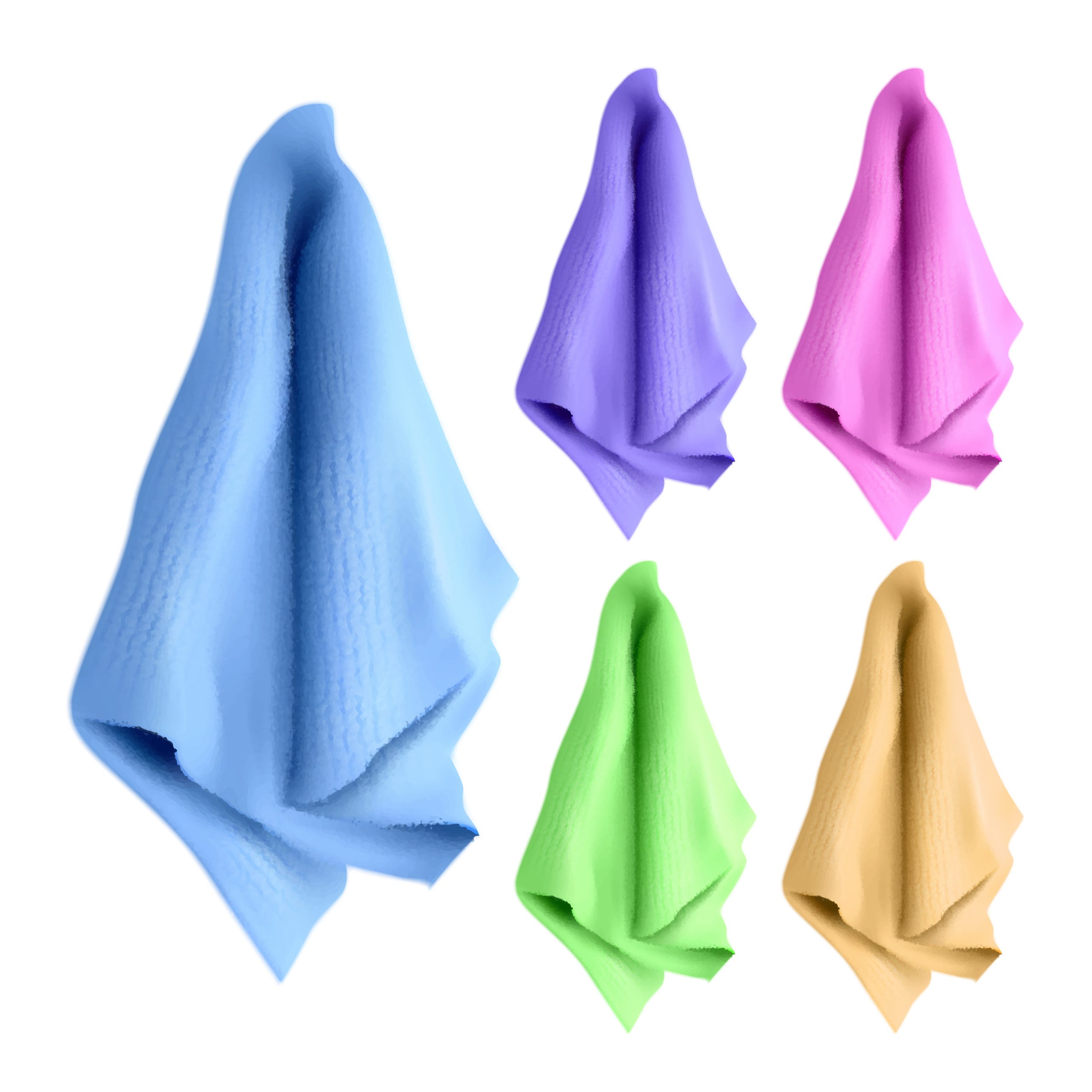In today’s eco-conscious world, making environmentally friendly choices in our daily lives is essential. One area where we can make a significant impact is in our kitchens. The use of eco-friendly kitchen cloths not only helps us reduce waste but also contributes to a healthier planet.
Why Eco-Friendly Kitchen Cloths Matter
Reducing Environmental Footprint
Traditional kitchen cloths are often made from synthetic materials, like microfiber or polyester, which are not biodegradable. When they end up in landfills, they can take hundreds of years to decompose fully. Eco-friendly kitchen cloths, on the other hand, are typically crafted from sustainable and biodegradable materials, such as organic cotton or bamboo. By choosing these clothes, you can significantly reduce your environmental footprint.
Healthier Homes
Conventional kitchen cloths may contain harmful chemicals or dyes that can leach into your food or surfaces when used for cleaning. Eco-friendly options are typically free from these harmful substances, making them a safer choice for your family.
Sustainable Practices
Supporting eco-friendly kitchen cloth brands means endorsing sustainable production practices. Many of these brands prioritize fair labor practices and responsible sourcing of materials, contributing to a more equitable and just world.
How to Choose the Best Eco-Friendly Kitchen Cloths
When selecting eco-friendly kitchen cloths, there are a few key factors to consider:
Material
Look for cloths made from organic cotton, bamboo, hemp, or other sustainable and biodegradable materials. These materials not only reduce waste but are also durable and effective for cleaning.
Certifications
Check for certifications such as GOTS (Global Organic Textile Standard) or OEKO-TEX Standard 100, which ensure that the cloths meet specific environmental and safety standards.
Absorbency and Durability
Consider the absorbency and durability of the cloth. You want a cloth that can effectively soak up spills and withstand multiple washes.
Reusability
Opt for reusable cloths that can be machine-washed and used multiple times. This reduces the need for disposable paper towels or wipes.
Brand Ethics
Research the brand’s values and ethics. Choose companies that prioritize sustainable and ethical practices throughout their production process.
Conclusion
Making the switch to eco-friendly kitchen cloths is a small but impactful step towards a greener, healthier planet. By reducing waste, promoting sustainability, and ensuring the safety of your household, these clothes offer a multitude of benefits. So, the next time you reach for a kitchen cloth, remember the positive impact you can make by choosing an eco-friendly option.





